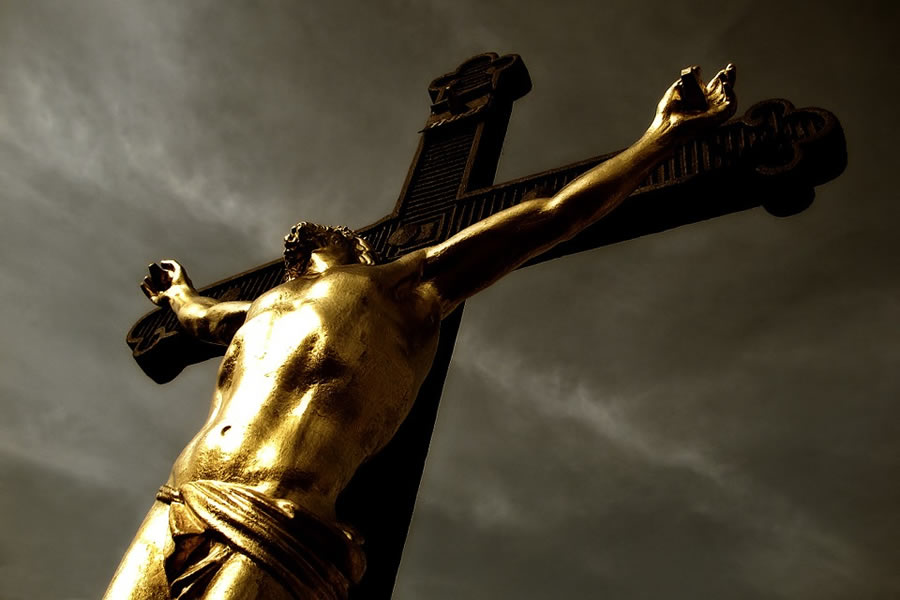
Anyone Who Loses His Life For My Sake WIll Find It
by Fr. Williams Abba | 08/31/2023 | Images of FaithToday’s first reading opens with a dramatic accusation: the prophet Jeremiah accuses God of seducing him into becoming a prophet and deceiving him about the personal suffering his mission would involve. Throughout his prophetic ministry, from about 628 to about 580 B. C., Jeremiah appears the most plaintive and heartbroken of all the prophets. He is burdened by a ministry he does not want and pained by the hostility of his own people, which he deeply resents. He is commissioned to tell the people of Judah and Jerusalem that their sins have earned them defeat and exile. He warns them that God’s help is not automatic, that they might as well surrender to the invading Babylonian armies, because God will not help them.
Jeremiah’s message is heard as treason. He is attacked by the crowds, imprisoned and tortured. His painful vocation isolates him from his family and friends. He becomes a laughingstock around the streets of the city. Jeremiah is no robot. He is hurt and bewildered by how people respond to him. Many people just ignore him. He suffers so much that he tries early retirement, but it doesn’t work, because he cannot extinguish the fire burning in his heart. And in the midst of all his anguish and pain, normal life goes on in the city. People continue their daily routines. Business is as usual.
Suffering happens while the sun shines. While others carry on as usual. While the traffic continues to flow. As Jeremiah spoke of the approaching suffering of Jerusalem and his own troubled relationship with God, so Jesus in today’s Gospel prepares His disciples for His approaching ordeal at Jerusalem. He speaks of it as necessary—not a necessity that lies in the nature of things, not a tragic fate, but the will of God made known through the prophecies. Like Jeremiah, Jesus has to face the stark truth that His relationship with God involves personal anguish and suffering and rejection. More than that, it will lead to a violent death.
Peter is frankly appalled at this prospect and tries to deflect Jesus from the path that lies ahead. After having declared Jesus to be the Christ, a title associated with victory and glory, Peter now denies that Jesus must suffer. Peter wants to banish suffering from the agenda; Jesus brings the subject to the forefront of the conversation.
To understand Jesus means to understand the cross. That is the essence of His teaching and that is why Peter is denounced so strongly. Peter is seen as a tempter. His ambitions and desires, Jesus says, belong to the realm of Satan. Peter wants Jesus to be immune from frustration, suffering and contempt. The Christ of his dreams is all glory and prestige, untouched by vulnerable humanity. It is a world away from the Christ that Jesus has to grow into, a future of suffering which He is about to enter.
The way of the cross that Jesus outlines for Himself is the road of renunciation his followers are called to tread. Jesus faced suffering which could be conquered only if it was accepted. He faced rejection which could be transformed only if He assented to it. If the suffering was to pass, it had to be endured: “For anyone who wants to save his life will lose it; but anyone who loses his life for my sake will find it.”
The way of the cross which Jesus followed was one which passed through streets and markets, by houses and palaces, by windows and doors. While it happened, people went about their business. Suffering must run the course of the familiar.
As Christians, we live in the assurance that our way of the cross does not go unnoticed. Jesus is our suffering companion. He proves to be our strength. His power is mighty in our weakness. If the cross is the price to be paid for love, then carrying it is love’s proof in action. For Jesus, that is enough. For us, that should be enough too!
BACK TO LIST BACK